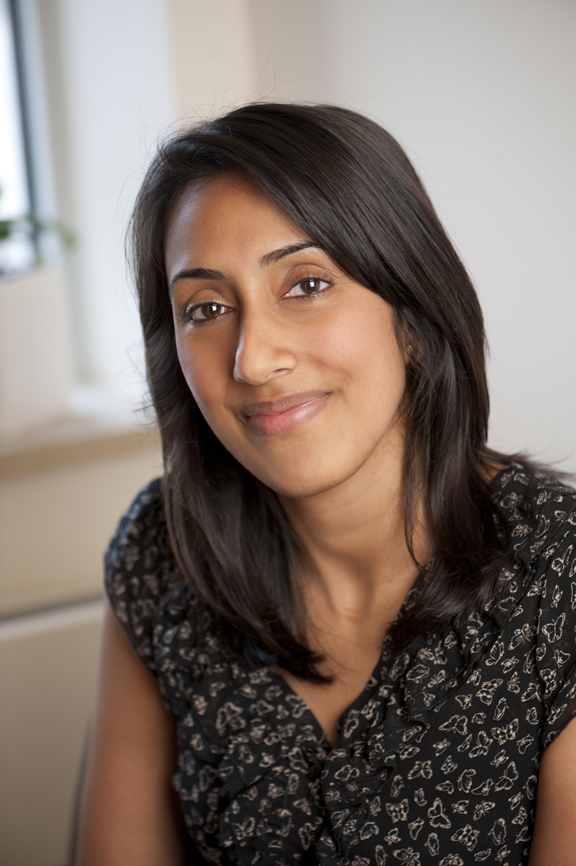Dr. Hardeep Prewal
Role at the CentreLeader, Home-care program Home-care doctor Year started at the Centre2011 | It’s not difficult to imagine Dr. Hardeep Prewal at seven years old. Sober and studious. Already knowing she wants to be a doctor. Perhaps because, at some level, she’s still in touch with that child; still remembers her dreams and aspirations. Through medical school she’d never considered specializing in palliative care as an area of expertise. “We have to do it in our second year of residency. But as soon as I did it I felt like I’d found my niche. It was everything I thought medicine would be. I was addressing the person as a whole, not just their symptoms. Talking to them you find out how they were doing, finding out how their family was coping, emotionally and practically. It was the whole package. When I wanted to do medicine at seven, that’s what I thought doctors were. Palliative care put it all together for me.” Which is not to say she’s still that sober child. She laughs easily and often. But she truly relaxes when she’s talking about the other love of her life, meditation. A family friend encouraged her to take it up, but she says she resisted for “the longest time”. When she finally “caught on” and took it up, she found it was “a perfect way to keep balance in my life.” She’s been practising meditation now for ten years, and finds it helps to ground her. “It’s like surrendering and letting that spirit from within speak to you. I just follow that. So if I have a thought about something, maybe it’s just garbage that I need to get out of my head, maybe it’s something that’s bothering me that I need to pay attention to it.” She says her meditation has helped her become more aware of herself. “My thoughts, emotions, actions - why I do things that I do. I’ve definitely become more aware of when I’m not in balance. It pays to be more aware of how we’re coping as doctors, because you take a lot on yourself when you’re dealing with patients and families.” Dr. Prewal has been at the Centre since August 2011. In that time she’s learned a lot about the resilience and abiding affection of patients and caregivers. “People are a lot stronger than we think they are. They’re a lot more capable of handling hardship than we think they are. They are tested emotionally and physically. If you’re caring for someone at home and you have to help them clean themselves up, get them from the bed to the chair, it’s tough. You see the depth of their love and their relationships with the people they’re caring for, how far they reach to make things happen in a good way.” If she has one regret it’s that she doesn’t get longer to dedicate to each of her patients. “I wish I had more time. Thankfully in palliative care we get to spend more time with our patients, but even then, I wish I still had more time because there’s so much that goes on: their physical illnesses; family dynamics; so many components to keeping them healthy, that need to be addressed. The more time you have with them the better.” |





